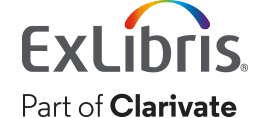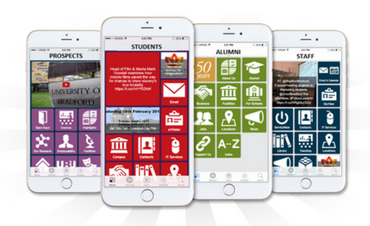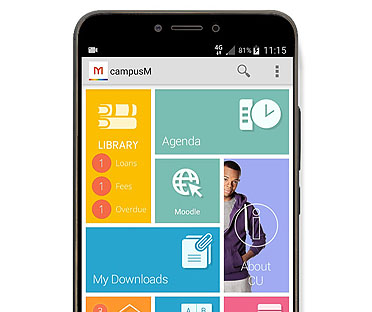Matthew Sherlock, Ex Libris
Your students live on their phone. It’s where they expect to find access to services and information. Those expectations grow the more they use their phone to access information.
That’s why, even after deploying an app to your student body, giving them access to all of their core university services right in the palm of their hands, you must always have the next step in mind.

By working smart, and choosing the right underlying platform, you can make the most of your current resources to do something amazing with your university mobile app.![]()
Mobile apps need to evolve to their users’ needs. Most apps have a very low retention rate and competition between apps for real estate on a user’s phone is intense. For an app to stay on your student’s phone, it needs to be fresh and relevant.
Does this mean that you need to employ a whole team of developers, or outsource development to a third party?
Fortunately, no. By working smart, and choosing the right underlying platform, you can make the most of your current resources to do something amazing with your university mobile app.
Here are some tips:
1. Make the most of your talent
Your development team know your institution better than any vendor. They know what drives your college and students, and what your strategic business goals are, so let them express their creativity and add impact by giving then the freedom to create tailored services on your mobile platform. This will fuel an app experience that is unique to your institution.
2. Use a common coding language
Coding for apps doesn’t have to be scary. In fact, there are many coding languages that are used by developers across disciplines. React, HTML5, and JavaScript all provide a great foundation for developers to build functionality that fit your institutional needs without having to learn proprietary coding frameworks.
3. Benefit from your students’ knowledge
Many colleges have benefitted from harnessing the knowledge of their students to enhance their app. Features developed by students for students are sure to be popular, and your students will gain valuable experience working in a real-world situation, which they can take with them to their future careers. Hackathons and other initiatives can generate ideas and features without over-burdening your development team. As an example, you can read more about the experience of Payton Pietron, a student developer at the University of Montana.
4. Embrace the change
Nothing is constant, but if you have the right platform in place you can evolve with the changes and respond in a quick and flexible way that is right for your institution. As long as you can roll out new features quickly and easily, your students will always have the most up-to-date information, right where they need it.
June 10, 2019






